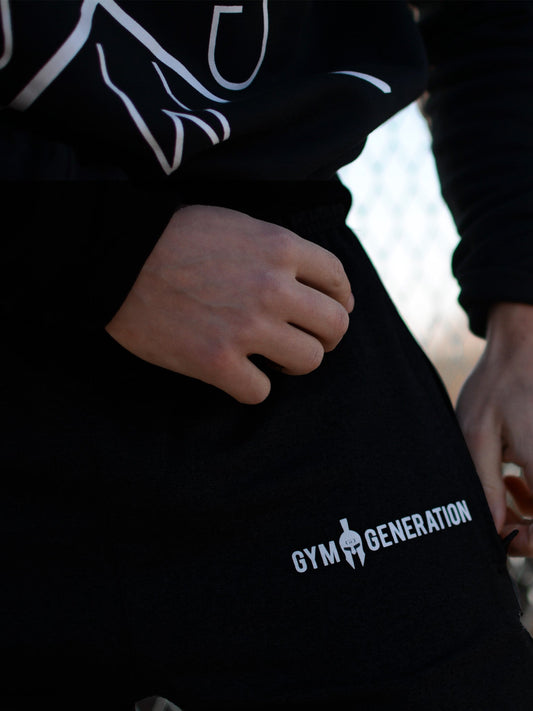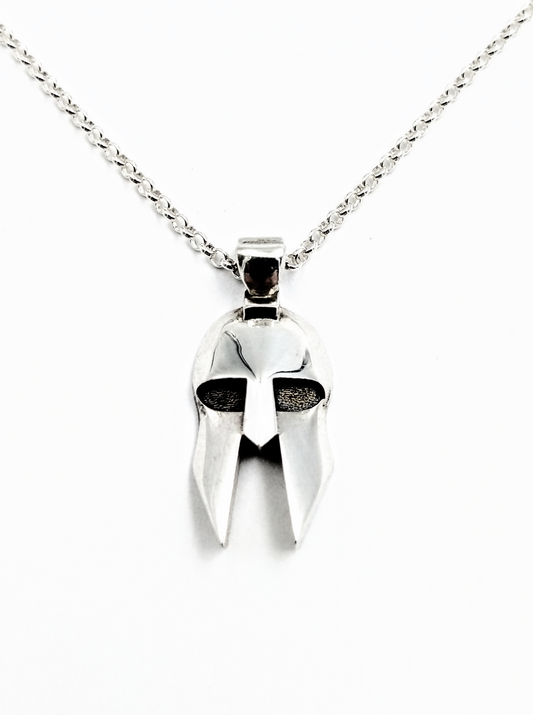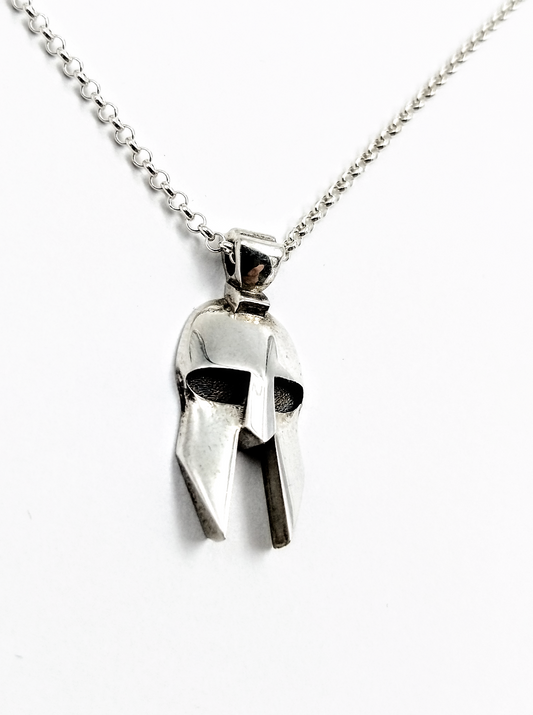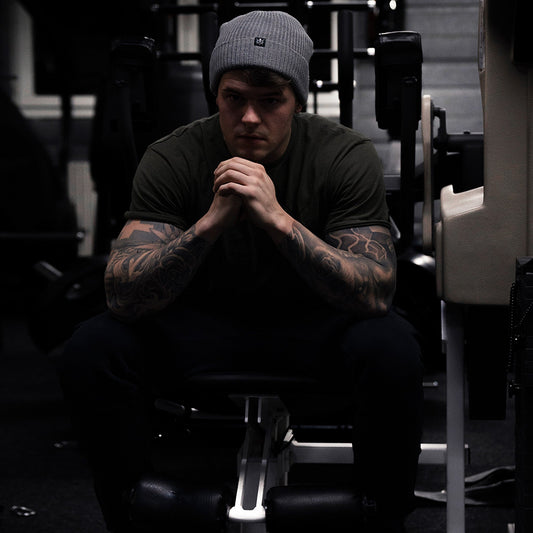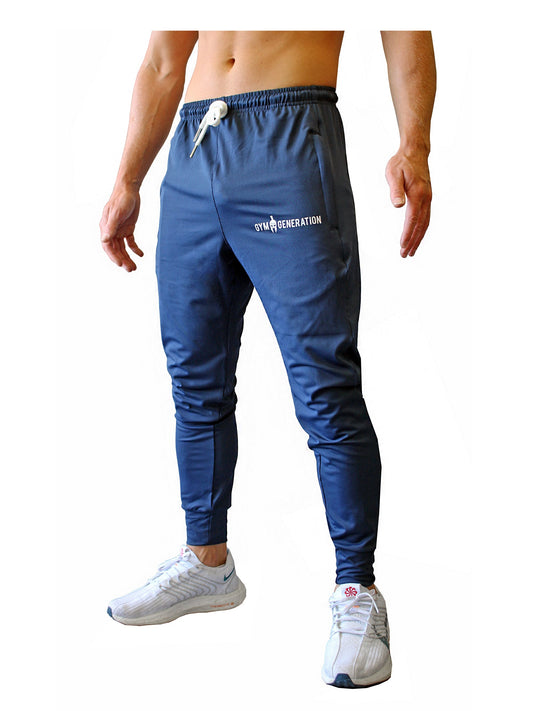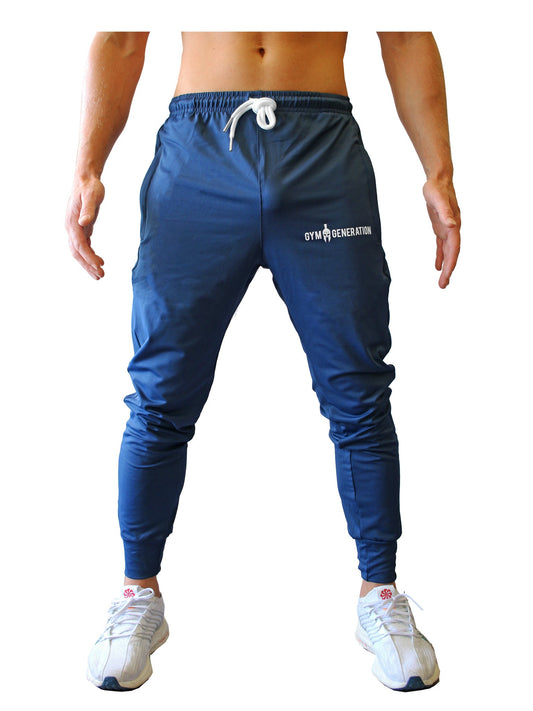The fascination of the cold: ice baths and cold water therapy
Ice baths have been an integral part of health and relaxation rituals since ancient times. From Roman frigidaria to Nordic sauna practices, the effects of cold water on the human body have always fascinated.
With the rise of podcasts and social media platforms like Instagram and YouTube, ice bath culture has exploded in recent years. Athletes, health gurus, fitness enthusiasts and celebrities around the world have fallen for the cold water. It's time we took a closer look at this centuries-old practice and explore its benefits.
Ice Baths: More than just a cold tub
An ice bath is more than just a tub of cold water. It is a form of cold water immersion that affects both the body and the mind. Ice bathing consists of immersing the body in cold water for a set amount of time without submerging the head. Despite potential risks, such as hypothermia, and the unclear physiological benefits of recovery, ice baths have endured for centuries. They offer subjective benefits that may explain their popularity. But what exactly are these benefits?
The Amazing Effects of Ice Baths
Ice baths can help with post-workout recovery and increase performance. Here are five main benefits that ice baths can provide:
1. Analgesia: The cold sensation we experience when immersed in an ice bath can activate our thermal nerve cells while reducing nerve conduction velocity and excitability. This can lead to a reduced perception of pain, which can be very beneficial after an intense workout.
2. Vasoconstriction: The cold causes blood vessels to constrict, which in turn restricts blood flow and maintains core body temperature. This reduces blood flow to muscles that have been damaged during exercise and are triggering inflammatory responses.
3. Reduced Inflammation: The reduced blood supply could also reduce swelling and white blood cell access to the damaged muscles, resulting in less inflammation. This can speed up the recovery process and reduce muscle soreness.
4. Temperature transmission: Because the body comes into direct contact with the cold water, it can affect the skin temperature more effectively. This could cause the blood vessels to respond better to the cold water and contract faster and more effectively.
5. Placebo Effect: Ice baths are a real "mental war" . Over time, sensitivity to the cold decreases, and many report feeling "alive" and "awake" after an ice bath. This could help reduce our perception of muscle soreness and exertion and give us a sense of mental clarity and calm.
Ice baths and weight training: A good combination?
At first glance, the above benefits might suggest that ice baths are a good complement to strength training. But there are also two critical questions we should ask ourselves:
Is the physiological stress we experience in the gym so great that we need an ice bath? The answer to both questions is not clear. Ice baths don't actually speed up the recovery process, they actually interfere with it. This means that the muscle cannot be completely damaged and trigger inflammatory reactions. For those of us looking to build muscle, it's probably important for these processes to occur. Therefore, an ice bath might be more suitable for athletes who compete a lot and need to recover quickly.
On the other hand, for those of us who actually lift weights, getting enough sleep, getting enough protein, and managing stress are the most effective recovery strategies. Especially when it comes to building muscle. So, an ice bath could be viewed more as a complementary strategy that can be useful in certain conditions, but isn't necessarily right for everyone.
What is our conclusion on the topic of ice bath?
The popularity of ice baths goes beyond their purely physiological effects and is also due to subjective perceptions of their benefits. They have been an integral part of healthcare practice for thousands of years and make many people feel good. If you put yourself into it, ice bathing can also be a form of meditation or mindfulness practice, a time to really focus on the present moment.
So more than just a trend, ice baths are a practice with deep historical roots and various potential benefits. But as with any practice, it is important to do it in a safe and informed manner. And who knows? Maybe it's time you venture into the icy tide yourself to find out if an ice bath is for you ;)






